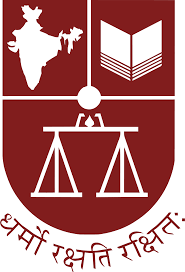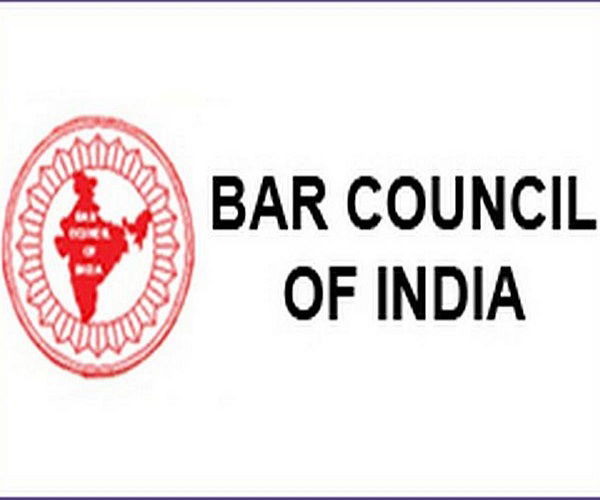- Home
- Department of Distance Education, NLSIU, Bangalore
- Recognization & Accreditations

Department of Distance Education, NLSIU, Bangalore Recognization & Accreditations
-
 Bengaluru, Karnataka
Bengaluru, Karnataka
-
 Collage
Collage
-
 1987
1987
-
 BCI, DEB
BCI, DEB
- Claim this college




 back
back